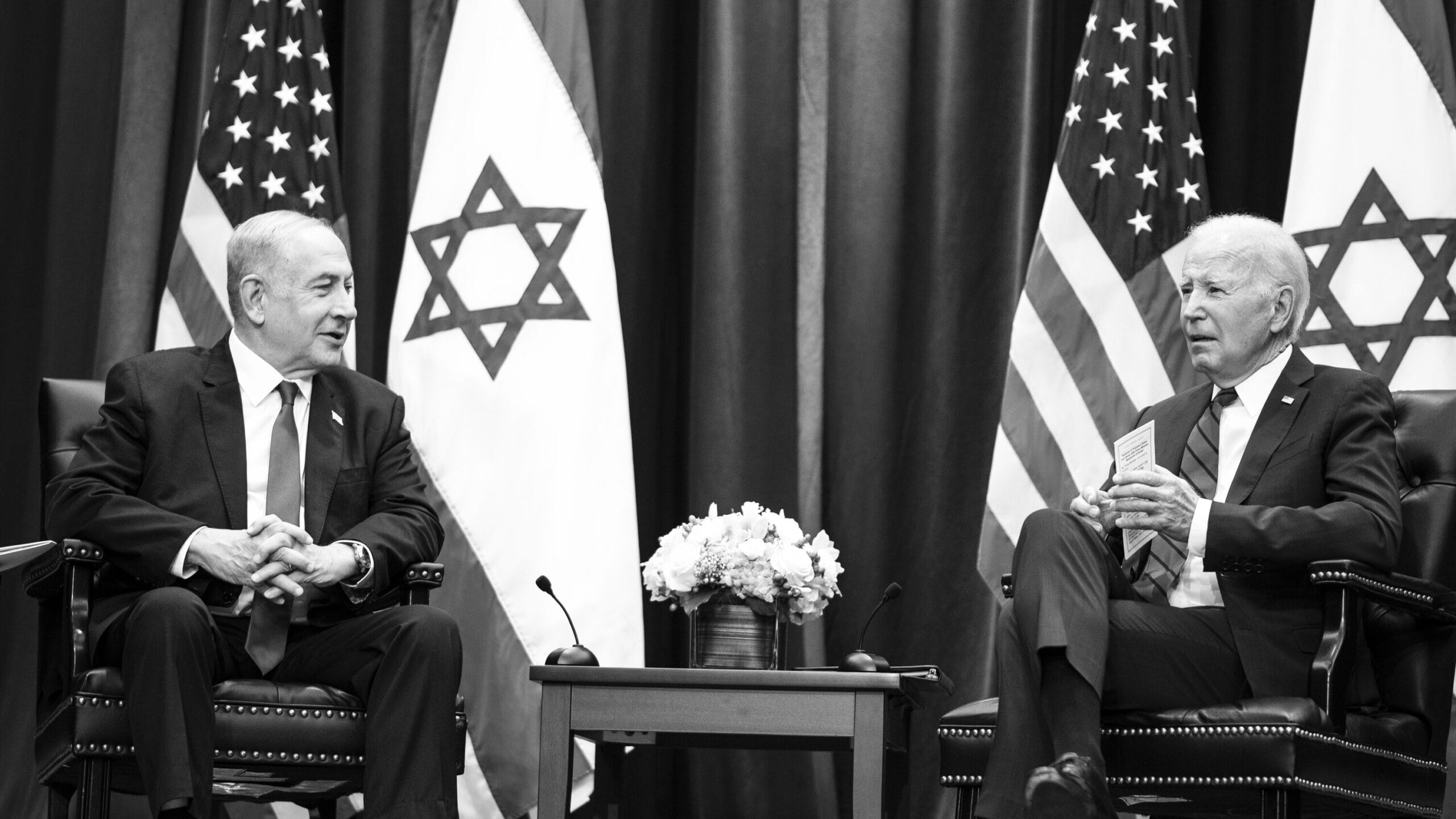In a significant diplomatic engagement, Israeli Prime Minister Benjamin Netanyahu and U.S. President Joe Biden convened to discuss the evolving situation in Gaza, with a particular emphasis on the prospects for a ceasefire and the negotiations surrounding the release of hostages. This meeting comes amid heightened tensions and ongoing conflict in the region, which has raised urgent humanitarian concerns and prompted international calls for a resolution.
The discussions between Netanyahu and Biden were characterized by a shared commitment to addressing the immediate needs of civilians affected by the conflict while also focusing on the broader implications for regional stability. Both leaders acknowledged the complexity of the situation, which has seen a surge in violence and a dire humanitarian crisis in Gaza. The ongoing hostilities have resulted in significant casualties and displacement, prompting urgent calls for a ceasefire to allow for humanitarian aid to reach those in need.
During the talks, Netanyahu provided an update on Israel’s military operations in Gaza, outlining the objectives and the measures taken to minimize civilian casualties. He emphasized Israel’s right to defend itself against threats while expressing a willingness to explore avenues for de-escalation. Biden, for his part, reiterated the United States’ support for Israel’s security but also stressed the importance of protecting civilian lives and addressing the humanitarian needs of the Palestinian population.
The conversation also delved into the sensitive issue of hostages taken during the conflict. Both leaders recognized the urgency of securing the release of individuals held captive, which has become a focal point in the negotiations. Biden expressed his administration’s commitment to working closely with Israel to facilitate discussions aimed at achieving a resolution that would lead to the safe return of hostages. The U.S. has been actively involved in diplomatic efforts to mediate between the parties, leveraging its influence to encourage dialogue and compromise.
As the talks progressed, the leaders explored potential frameworks for a ceasefire that would not only halt the immediate violence but also lay the groundwork for longer-term peace initiatives. They discussed the possibility of involving regional partners and international organizations to support a ceasefire agreement and ensure compliance from all parties involved. The importance of a coordinated approach was underscored, with both leaders acknowledging that a sustainable resolution would require collaboration beyond bilateral efforts.
The humanitarian situation in Gaza remains a pressing concern, with reports indicating severe shortages of food, water, and medical supplies. The leaders discussed the need for immediate humanitarian access to alleviate the suffering of civilians caught in the crossfire. Biden emphasized the role of the United States in facilitating aid delivery and ensuring that humanitarian organizations can operate effectively in the region. The discussions highlighted the delicate balance between military objectives and humanitarian imperatives, with both leaders expressing a desire to prioritize the well-being of civilians.
In addition to the immediate concerns surrounding the ceasefire and hostages, the talks also touched upon the broader geopolitical implications of the conflict. Netanyahu and Biden recognized the potential for the situation in Gaza to impact regional stability, particularly in relation to neighboring countries and ongoing tensions in the Middle East. They discussed the importance of maintaining open lines of communication with regional allies and partners to address shared security challenges and promote a more stable environment.
As the meeting concluded, both leaders expressed a commitment to continue their dialogue and work collaboratively towards a resolution that addresses the multifaceted challenges in Gaza. The discussions underscored the critical role of diplomacy in navigating complex conflicts and the necessity of sustained engagement to achieve lasting peace. The international community is closely monitoring the situation, with hopes that the talks between Netanyahu and Biden will pave the way for meaningful progress in the pursuit of a ceasefire and the resolution of humanitarian issues.
In summary, the discussions between Israeli Prime Minister Benjamin Netanyahu and U.S. President Joe Biden represent a crucial step in addressing the ongoing crisis in Gaza. With a focus on ceasefire negotiations and the release of hostages, the leaders are navigating a complex landscape marked by urgent humanitarian needs and geopolitical considerations. The outcome of these talks will be pivotal in shaping the future of the region and the prospects for peace.



